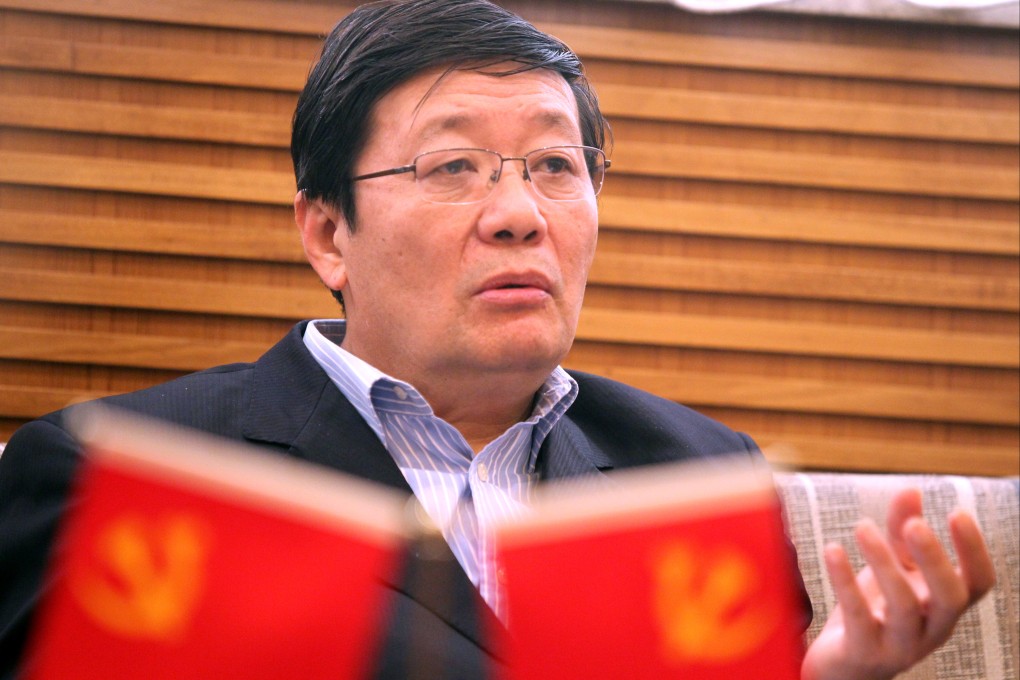Advertisement
China must ‘optimise’ zero-Covid policy or firms will be ‘unwilling to invest’, says ex-finance minister
- Former finance minister Lou Jiwei says China needs to ‘optimise policy responses’ to the latest Omicron outbreak to arrest flagging economic growth
- Ill-advised virus restrictions have led to traffic congestion, disruptions to the industrial chain and the inability of employees to return to work, Lou says
Reading Time:2 minutes
Why you can trust SCMP
7

China needs to fine-tune its zero-Covid rules to restore investors’ confidence and revive economic growth, says outspoken former finance minister Lou Jiwei, in a rare public warning from a political insider about the country’s response to the Omicron wave.
Unlike in the United States and Europe, inflation is not the main concern for China, which is instead facing “threefold pressure” – namely, a contraction in demand, supply shocks and weaker expectations – Lou said at a virtual forum on Thursday.
“China needs to draw on past experiences and lessons of pandemic prevention and control, further optimise policy responses, while launching reform and opening-up measures to strengthen growth momentum,” he said.
Advertisement
His remarks came against a backdrop of growing concern about Beijing’s draconian zero-Covid controls, which include lockdowns, mass testing and quarantine in government facilities.
If this problem is not solved, everyone [in the private sector) will be unwilling to invest
Overseas investor sentiment is at rock bottom, though Beijing has taken steps to placate foreign businesses and rally more private spending to shore up the ailing economy.
Advertisement
Advertisement
Select Voice
Select Speed
1.00x